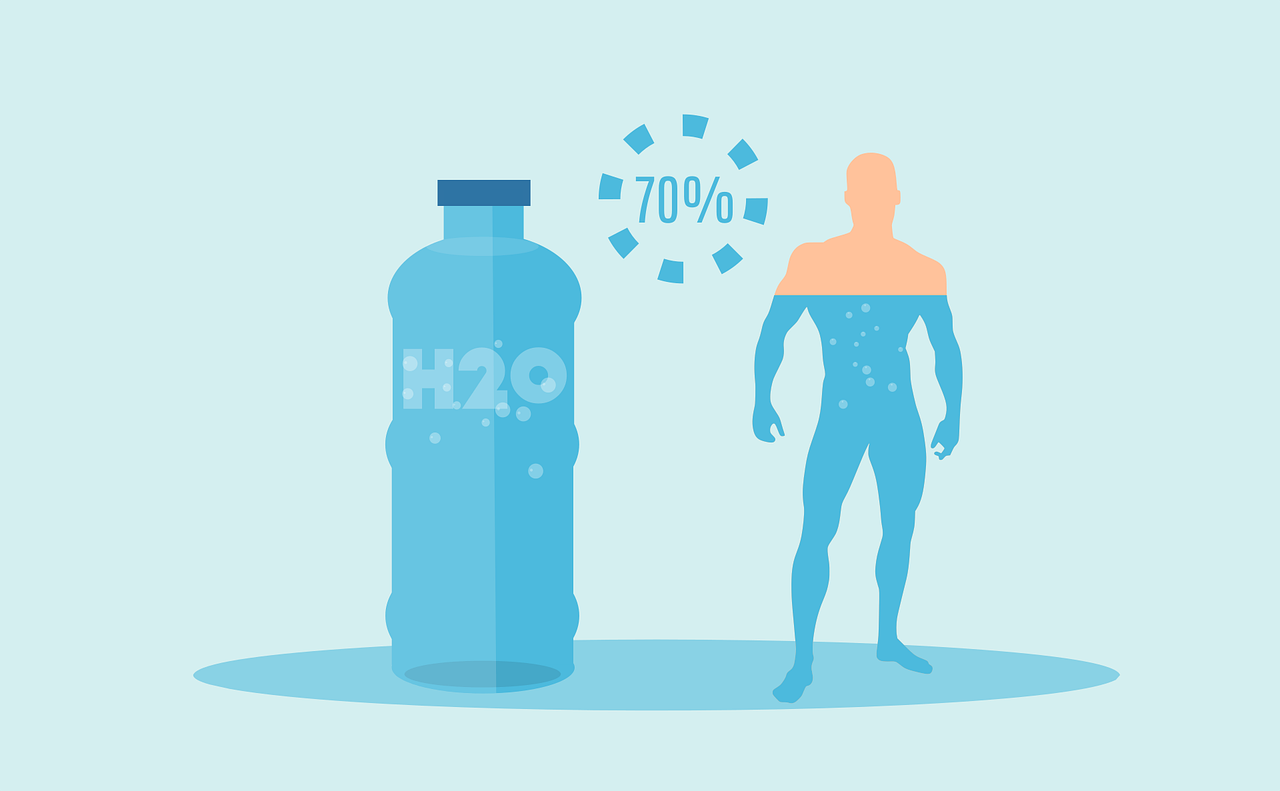|
As most people know, swimming is an excellent form of aerobic exercise. Whether its performing distance training in the pool (or even taking a Strictly Swimming London lesson), it helps strengthen the heart by increasing blood flow and helping it to even increase in size. Swimming is also one of the best forms of exercise when it comes to increasing efficiency of the heart in pumping blood around the body. This increase of good blood flow has a fantastic impact on reducing bad cholesterol on both men and women adult swimmers. What is cholesterol? Cholesterol is a fatty, waxy substance which is vital for your body to function day to day. A small amount of cholesterol is healthy, as it forms part of the cell walls and is also necessary to create hormones. What are the two different types of cholesterol? There are two main types of cholesterol – LDL (Low Density Lipoprotein) or ‘bad’ cholesterol and HDL (High Density Lipoprotein) or ‘good’ cholesterol. HDL cholesterol is beneficial to the body. As adults, through our diets and lifestyles, LDL cholesterol can build up and fatty deposits can develop along the walls of arteries. Over time this causes the arteries to become narrow and blocked, reducing blood supply to the heart. This process is called atherosclerosis and can eventually cause symptoms of angina or even result in a heart attack or stroke. One cause of high LDL cholesterol is a diet high in saturated fat. The fat in the food that we eat is then digested and taken to the liver, where it is metabolised into cholesterol. HDL cholesterol, however, helps remove other forms of cholesterol from your bloodstream and are associated with a lower risk of heart disease. HDL picks up excess cholesterol in your blood and takes it back to your liver where it's broken down and removed from your body. Benefits of Swimming on your Cholesterol
If you're already a swimmer or participate in triathlons, you've will have discovered the benefits of swimming already. If you aren't, it's never too late to learn how to swim or to brush up on strokes that you learned as a kid. Our Strictly Swimming London coaches can even tailor your lesson to develop aerobic swim training during your lesson. As an adult who may be concerned about cholesterol, just remember swimming ultimately prevents heart disease!!! There is a common misunderstanding that swimmers don’t need to hydrate as much as land-based sports people as we don’t sweat as much in the water. Sure, studies have shown that we sweat less in the pool, however, this does not mean that we do not dehydrate during swim training. In fact, there are many good reasons why we should maintain hydrating during our workouts, triathlons, and open water swims. You may hear Strictly Swimming coaches consistently harp on the need to hydrate before, during, and after practices. Hydrating is vital to the success of all swimmers. We need water to survive obviously. Every cell in our bodies needs water to function properly. It helps carry nutrients and boosts energy, flushes waste products and is vital to maintain body temperature during swimming workouts or at rest. In fact, during exercise generally, water is much more important as more energy and fuel is being used. Even though you may feel cool in the pool or open water, there is an actual rise in body temperature, hence the reason to keep hydrating during your swimming lesson. The cold temperature of the water does cool the body down and sweating is reduced, however, the body will still dehydrate due to high muscle activity. It is very easy to miss that you are dehydrating when swimming due to the cool water temperature, so it is more important to swimmers to keep an eye on their water intake during a workout. Make sure you have your full water bottle at the end of the pool during practice . Here are some key physiological reasons to maintain hydration:
What to drink when swimming Water is the best drink to quench thirst and replace fluids lost during exercise. Drink water before you start your swimming lesson. Water boasts a huge list of benefits. It’s natural, free, readily available, contains no calories. About sports drinks Some athletes use sports drinks that contain electrolytes and carbohydrates, which have concentrations that allow the body to refuel during exercise. Sports drinks may be useful if your activity is moderate to vigorous in intensity for more than 60 mins, However, sports drinks can be high in sugar, so always check out this out before purchasing. Remember that fruit and vegetables contain a high proportion of water, so a fruit snack (such as oranges) can help your fluid replacement. What not to drink when exercising Some fluids are not recommended when exercising:
How much to drink after exercising To adequately rehydrate after your swimming session, aim to drink one and a half times the fluid you lost while exercising. You will need to drink more fluid than you lost while swimming because you will continue to lose fluid through sweating and urination for some time after you have finished your workout or lesson. |
AUTHORPaul started competing in swimming from the age of 8 and eventually went on to represent his country all over the world. During his time at University, Paul specialised in Aquatics and the Biomechanics of Swimming and produced numerous theses on swimming performance. TOPICS
All
ARCHIVES
June 2024
|
Let's connect!
Copyright © 2024 Strictly Swimming



